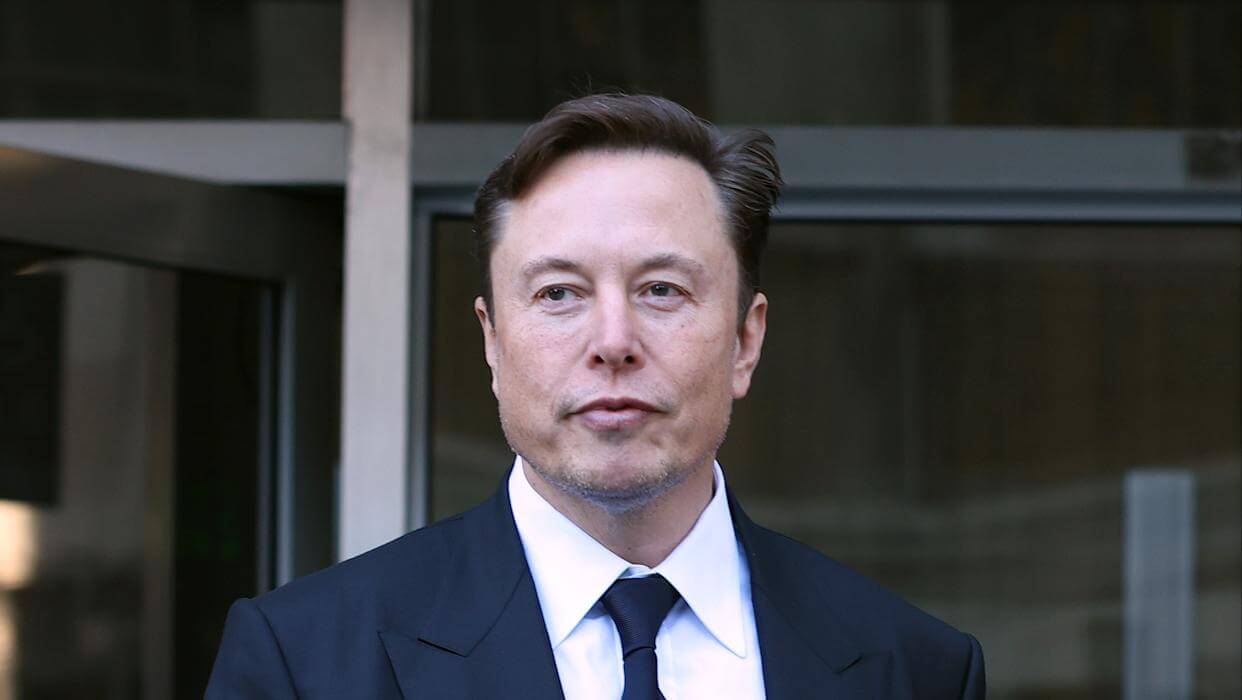Elon Musk's social media platform X is under fire in France, facing a criminal investigation that the company has denounced as politically motivated. The probe, initiated by French prosecutors, centers on allegations of algorithmic manipulation and fraudulent data extraction. X, formerly known as Twitter, has vehemently denied any wrongdoing and declared it will not cooperate with the investigation.
The investigation began with a preliminary probe earlier in July, which has since been escalated to a full criminal investigation. This escalation grants French authorities greater powers, including the ability to conduct searches, wiretaps, and place executives under surveillance. Elon Musk himself, along with other X executives, could be summoned to testify, and failure to comply could lead to arrest warrants.
At the heart of the dispute is a demand from French authorities for access to X's recommendation algorithm and real-time user data. X has refused this request, asserting its legal right to do so. The company argues that providing such access would be a violation of privacy, due process, and free speech. French authorities, however, claim that a secure channel was offered to protect data confidentiality. Refusal to comply could result in fines or charges of obstruction of justice.
X claims that the investigation was instigated by French MP Eric Bothorel, who accused the platform of manipulating its algorithm for foreign interference purposes. X has refuted this allegation as "completely false". The company has also raised concerns about the impartiality of the experts chosen by French authorities to examine its algorithm, mathematician David Chavalarias and computer scientist Maziyar Panahi. X notes that both have been involved in a scheme called "HelloQuitteX," designed to help users migrate from X to other social networks, raising questions about their neutrality.
Adding another layer of complexity, X has objected to the case being investigated under organized crime statutes. The company argues that this categorization, typically reserved for drug cartels or mafia groups, allows French police to deploy extensive investigative powers, including wiretapping the personal devices of X employees. The prosecutor's office has stated that the alleged offenses carry maximum penalties of up to 10 years in prison.
This clash between X and French authorities is unfolding against a backdrop of increasing scrutiny of social media platforms in Europe. The European Commission has been investigating X for potential breaches of the Digital Services Act for almost two years. This act aims to regulate large online platforms and includes provisions for audits, researcher access to data, and penalties for non-compliance. France is going further by invoking criminal law, alleging that the manipulation of algorithms and obstruction of democratic processes constitute criminal offenses.
The situation could further strain relations between Washington and European capitals regarding the regulation of online discourse. Elon Musk, who has previously voiced support for right-wing parties in Europe, has accused European governments of suppressing free expression. The French probe could deepen existing tensions over what constitutes permissible speech online.

















